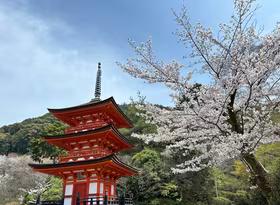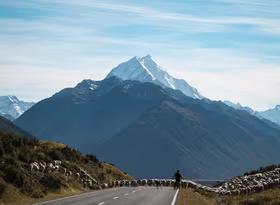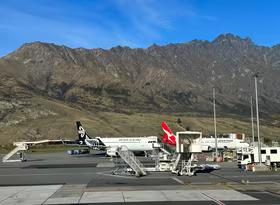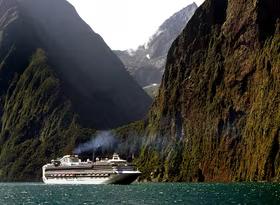Articles
The tourism recovery has been uneven, with different country or region markets in focus. Over the 2024 calendar year, the US cemented itself as New Zealand’s second-largest inbound visitor market, with 11% of total tourist arrivals. The US market has fully recovered back to pre-pandemic levels over 2024. In comparison, China has slipped back to New Zealand’s third-largest market (from second-largest back in 2019), with only a 61% recovery over 2024. Read
In our October 2024 Chart of the Month, we explore the role of peer to peer (P2P) accommodation around the country, finding that P2P makes up more than a third of guest nights in some areas, and not in the tourism hotspots that you might expect. Read
New Zealanders are out exploring the world again, in large numbers. Those travels are easy to see, with scores of young Kiwis documenting their overseas trips across social media. Principal Economist, Brad Olsen, asks the question – how many Kiwis are travelling, and where’s the most popular spot? Read
Our current economic environment is putting the tourism sector in a precarious position; tourism arrival recovery from several key international markets has declined, if not stagnated, over the last few months. Read
Demand for rental cars dried up over the COVID-19 pandemic, as tourist arrivals plummeted. With reduced demand, there was a swift decline in the size of the rental car fleet. Read
Tourism has been a beacon of light in New Zealand’s economic recovery from the COVID-19 pandemic. International tourist arrivals climbed over 2022, rebounding to 68% of pre-pandemic (same month in 2019) levels in December 2022. Read
Cruise ships have been making headlines again this summer for all the wrong reasons. Port calls have been cancelled because vessels are not meeting biosecurity standards. To make matters much worse, Cyclone Gabrielle has upended cruise ship plans in the Eastern North Island coast. Here we look at the importance of cruise ships to regional economies. Read
The number of rental cars in New Zealand has fallen strongly since February 2020, but the recovery of the tourism sector suggests there is a good opportunity for fleet growth. Read
The global economic outlook soured in early 2022, with the recovery being stifled by high inflation, continued supply chain disruptions, and rising geopolitical clashes. There’s a lot happening, and although this article doesn’t capture every piece of global economic news, it does set out some of the key global hurdles, and what they mean for the economic outlook. Read
Last month we looked at how quickly international travel will return as New Zealand’s borders reopen. Evidence from people movements between other countries suggests an eagerness to travel again, especially if there are no restrictions. For example, flight numbers between the US and Mexico are now sitting above pre-pandemic levels. Read







